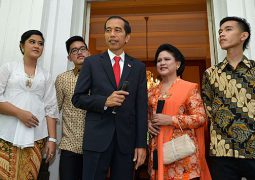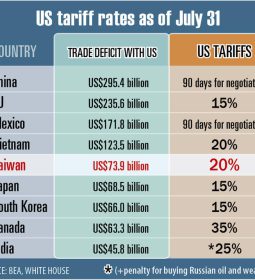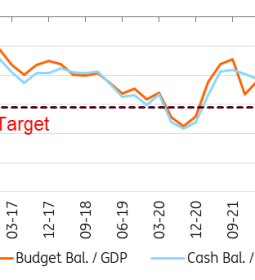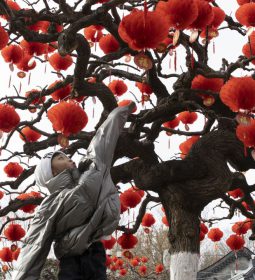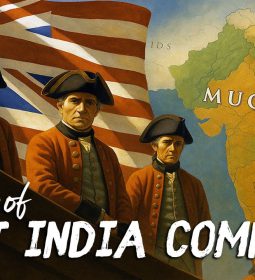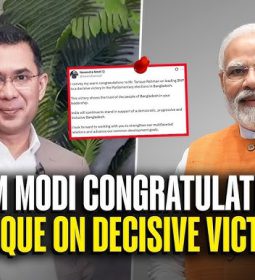Why have Saudi Arabia, UAE failed to condemn India over Kashmir?
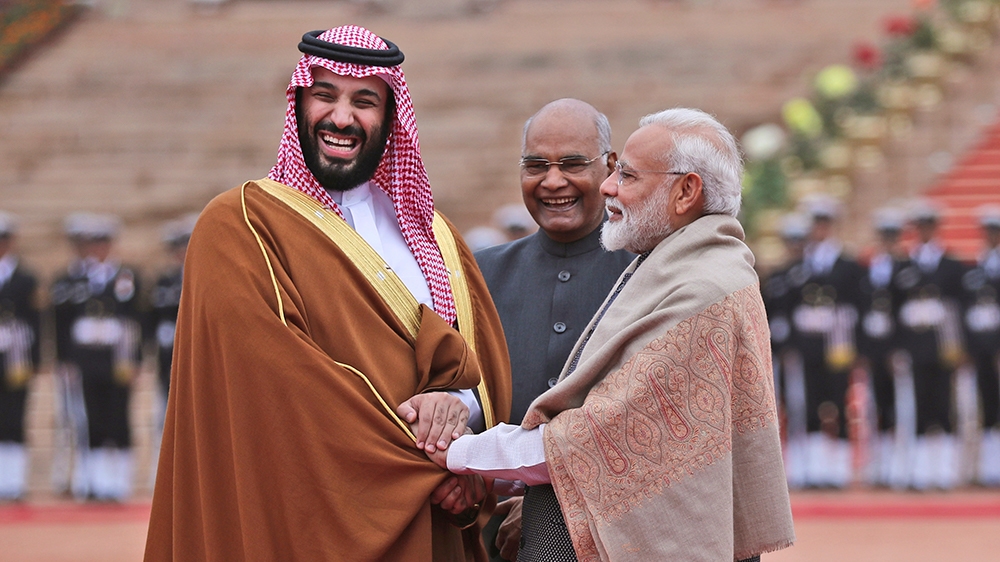
The Gulf heavyweights have not sided with Pakistan and analysts say it’s because of India’s growing economic clout.
by Bilal Kuchay
India stripped Kashmir of its special status and imposed a crippling lockdown on August 5 [Yawar Nazir/Getty Images]
New Delhi, India – Last week, the foreign ministers of Saudi Arabia and the United Arab Emirates (UAE) travelled to Islamabad in a symbolic show of solidarity with Pakistan after New Delhi stripped the Indian-administered Kashmir of its autonomy.
UAE Foreign Minister Sheikh Abdullah bin Zayed Al Nahyan and Saudi Minister of State for Foreign Affairs Adel al-Jubeir held meetings with Pakistani Prime Minister Imran Khan, powerful military chief General Qamar Javed Bajwa and Foreign Minister Shah Mahmoud Qureshi but stayed away from issuing strong words against India.
The Gulf countries with whom Pakistan has enjoyed a long-standing “brotherly” relationship for decades, have stayed away from condeming India’s crackdown in Kashmir.
While Saudi Arabia expressed concern over India’s unilateral decision to scrap Kashmir’s special status and the imposition of crippling security lockdown, the UAE called it New Delhi’s internal matter.
Other Gulf countries – Kuwait, Qatar, Bahrain and Oman – have apparently not issued any statements.
Amid the lockdown in Indian-administered Kashmir, the UAE bestowed on Modi the country’s highest civilian award – the Order of Zayed – as a mark of appreciation for his efforts to boost bilateral ties between the two nations.
The Hindu nationalist prime minister under whose watch Muslims have been targeted was also honoured with Saudi Arabia’s highest civlian award in 20016.
With $100bn in annual trade, India has emerged as a vital economic partner to the Gulf countries. Moreover, millions of Indian workers help drive the region’s economy.
“India has developed a good economic relationship with Saudi Arabia and the UAE,” said Manoj Joshi, a distinguished fellow at Observer Research Foundation in New Delhi.
“Both these countries are looking to the future when oil will run out, and they see India as a potential country where they can invest and a country with a large market with which they already have good economic ties.”
Saudi Arabia is India’s fourth-largest trading partner [File: Manish Swarup/AP Photo]
India-Saudi trade growing
India’s ties to Saudi Arabia have grown significantly over the past two decades, with bilateral trade hitting $28bn. Home to more than 2.7 million Indian expatriates, the kingdom is India’s fourth-largest trading partner.
India’s richest man, Mukesh Ambani, announced last month that Saudi Arabia’s state energy group, Saudi Aramco, is set to acquire a 20 percent stake in Reliance Industries Limited’s (RIL) oil-to-chemical business for an enterprise value of $75bn. Saudi Arabia and the UAE are also jointly building a mega refinery in India with an investment of $60bn.
India-UAE annual bilateral trade stands at $55bn, with Indians being the largest foreign investors in Dubai’s real estate market. Nearly 30 percent of the UAE’s total population comprises of Indians.
New Delhi and Abu Dhabi have also struck close security ties since Narendra Modi was first elected prime minister in 2014.
In India’s comparison, the annual bilateral trade between Pakistan and Saudi Arabia stands at $3.7bn and the country’s trade volume with the UAE stands at $8bn.
“It’s important to remember that India has a long-standing, deep and multifaceted relationship with the Gulf Cooperation Council (GCC) countries, so no realistic Pakistani would ever have expected a wholesale endorsement from the GCC countries,” said Mosharraf Zaidi, a Pakistan-based political analyst.
“But there is an expectation of shared concern for the human rights safety and security of the people of Kashmir,” he said.
Joshi, the Indian foreign policy analyst, said the Middle East countries are not looking just for Islamic solidarity.
“If it was just Islamic issue then they [Gulf countries] should have taken a strong stand on Xinjiang but they have not,” he said.
“… they see India more important for their national interest.”
The Middle East remains key to India’s energy security as New Delhi imports 80 percent of its petroleum needs from the region.
Talmiz Ahmad, an Indian diplomat who has served as an ambassador to Saudi Arabia, Oman and the UAE, believes that New Delhi has “secured strategic interests” in the Middle East at the cost of Pakistan though it is not linked to the Kashmir issue.
He said that from mid-2000, the frequency of high-level state visits from GCC countries went up as part of their new focus on political engagement with India.
Abu Dhabi Crown Prince Sheikh Mohammed bin Zayed, who has called Modi his friend, was the chief guest at India’s Republic Day parade in 2017 while Saudi King Abdullah bin Abdulaziz al-Saud was invited in 2006.
Abu Dhabi Crown Prince was the chief guest at India’s Republic Day parade in 2017 [File: Manish Swarup/AP Photo]
India’s goal
Zahid Hussain, a Pakistan-based political analyst, however, said that the measured response from the Saudi-UAE should not be seen as a “support for India’s action” in Kashmir.
The Gulf support for Pakistan on Kashmir issue was “always ambiguous and whatever has come has always come from OIC [Organisation of Islamic Cooperation] platforms”, he said.
Pakistan’s refusal to join Saudi-led force to fight in Yemen does not seem to have gone down well with its Gulf allies.
“Pakistan has still armed forces that these [GCC] countries believe would come to their assistance if they were in jeopardy. This perception received a major jolt when Pakistan refused to provide its armed forces,” Ahmed, the former Indian diplomat, said.
Islamabad also did not allow itself to be drawn into the proxy war between Saudi Arabia and Iran as it continued its close relations with Tehran.
Omair Anas, from Ankara Yildirim Beyazit University said that Pakistan’s position on Iran was one of “the most worrying components in Gulf-Pakistan relations”.
“Pakistan’s neutrality on Yemen and Qatar could be a watershed moment in the two regional heavyweights’ security perception,” he said referring to the UAE-Saudi-led blockade imposed on Qatar since 2017.
Sami al-Arian, the director of the Center for Islam and Global Affairs, said that both the UAE and Saudi Arabia want to strengthen their ties with countries such as the United States, China, India or Israel at the “expense of the populations who have been suffering in these areas such as the Palestinians, the Uyghurs or the Kashmiris”.
“I don’t expect much as a response from these two regimes,” he added.
- Previous Looming catastrophy in South Asia: Land degradation and climate change are posing major threats to India’s economy and farmers.
- Next Former Turkish PM breaks ties with Erdogan, ruling AK Party








